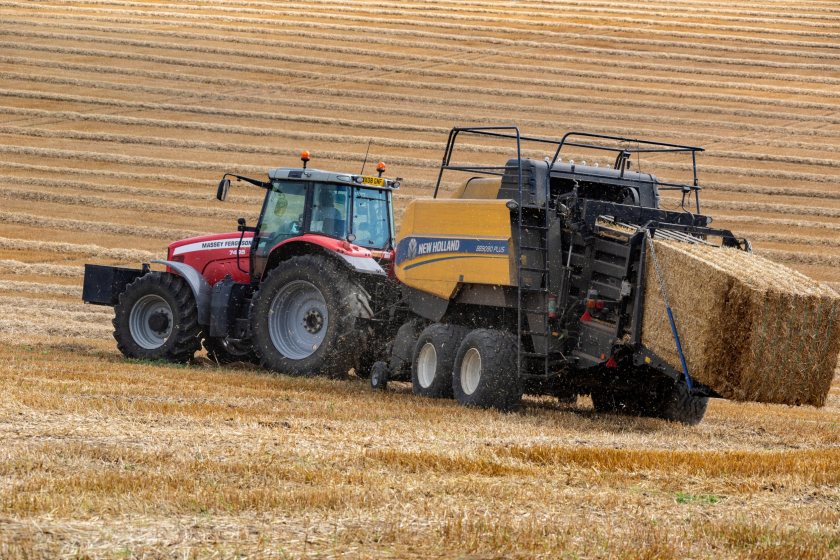
The Farm Safety Foundation has launched a new digital tool for the farming industry to create their own health and safety policy.
For farming businesses with over five employees, a written policy is a legal requirement and regardless of size it is required for key assurance schemes.
In an effort to simplify the process, the Farm Safety Foundation has created an online tool to allow farmers to build their own health and safety policy.
The charity, which is also known as Yellow Wellies, says the site is easy to navigate and has lots of useful links if farmers need further information.
The end result is a tailored policy that has been created which adheres to the Health & Safety Executive (HSE) requirements.
It also provides proof of required health and safety standards, set out for achieving assurance schemes like Red Tractor Farm Assurance.
According to the charity's most recent research into 900 UK farmers, 91% agree that farming is dangerous and most feel a personal responsibility to do something about it.
Wayne Owen, from the HSE agricultural sector team, said the law requires every business, including farmers, to have a policy for managing health and safety.
"A health and safety policy sets out your general approach to health and safety. It explains how you, as an employer, will manage health and safety in your business.
"It should clearly say who does what, when and how," he said.
Stephanie Berkeley, manager of Yellow Wellies said: “We are working to drive a change in safety culture in the industry. It’s the word ‘culture’ that really matters.
"Health and safety culture goes beyond simply understanding the rules and following them because you’ve been told to. The key component in making the transition from rules to culture, is buy-in.
"Agriculture isn’t like other industries in that it can present hazards to people not actively involved in the industry, such as children and family members living on the farm and visitors.
"Hazards can also exist for vets, delivery workers and even emergency medical services personnel, as they provide assistance and care to victims of farm incidents.”
